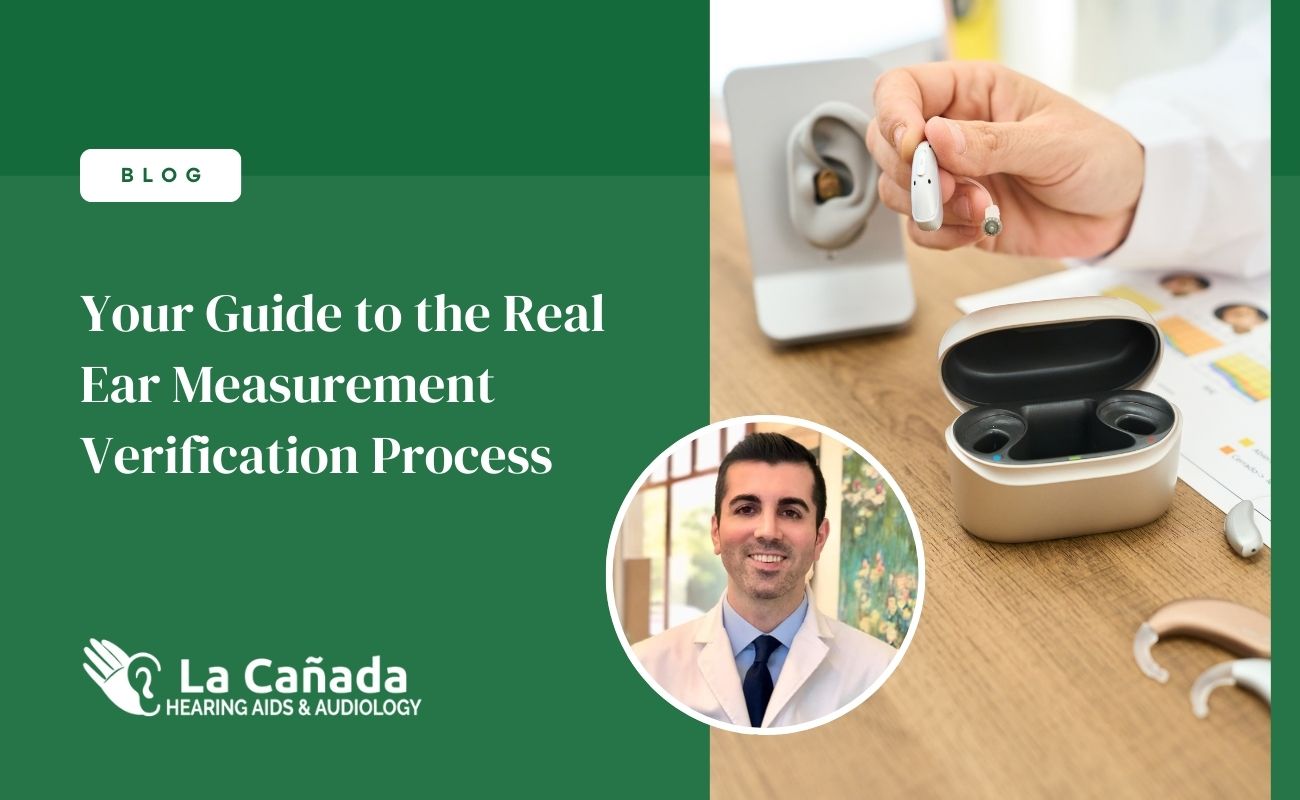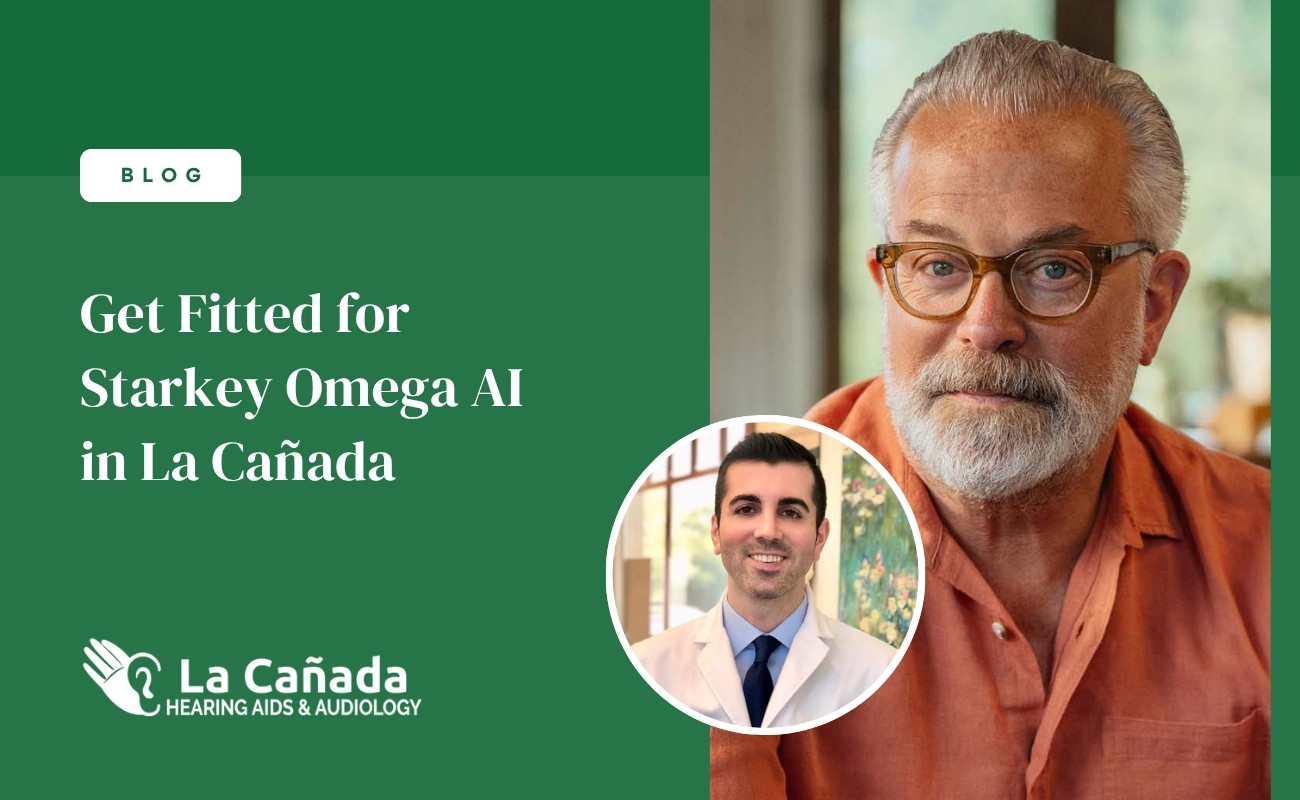The benefits of hearing aids extend beyond improved hearing; they can also enhance your sense of balance and spatial awareness. However, the effectiveness of these devices can be compromised if they don't fit well. Just like ears, hearing aids come in various shapes and sizes, making it essential to find the right fit for you. Here are some tips to ensure your hearing aids stay in place and function optimally.
Common Reasons Why Hearing Aids Fall Out
The Ear Canal
The shape and size of your ear canal play a significant role in how well your hearing aids fit. Unlike the common perception of the ear canal being a straight tube, it is, in fact, more complex. The ear canal is often upward and tends to bend backward as it goes inside. The unique shape and size of your ear canal can contribute to the hearing aid falling out more often
Incorrectly Inserted Hearing aids
Another common reason for hearing aids falling out is incorrect insertion. Proper positioning of the hearing aid is vital for its functionality and comfort. If inserted incorrectly, a hearing aid can feel uncomfortable and/or may easily fall out. If you have concerns about how well you are inserting your hearing aids, talk with your Audiologist at your next check-up appointment.
Too Much Earwax
Earwax build-up can push your hearing aids out of your ears. While earwax (also known as cerumen) is a natural substance that protects and lubricates the ears, excessive earwax can cause problems such as hearing loss and discomfort, and it can even lead to your hearing aids falling out. Your hearing care provider can use a tool called an otoscope to look into your ear canal and check for excessive wax.
Preventing Hearing Aids from Falling Out
Now that we understand why hearing aids might fall out, let's explore how to prevent this from happening.
Ensure Correct Sizing
The first step is to ensure your hearing aid fits perfectly. The size of the hearing aid or its dome (the part that goes into your ear) should be neither too tight nor too loose. If your hearing aid is constantly falling out, it might be an indication that you need a different size or style. Have you lost weight since you got your hearing aids? If so, you may need an adjustment so your tip, dome or custom mold fits properly - since weight loss can change how tightly your hearing device fits.
Proper Insertion Technique
To keep your hearing aids securely in place, it's critical to master the correct insertion technique. The hearing aid should be evenly positioned and flushed against the ear canals or the outer ear lobe if the device is larger. You can refer to your owner's manual or ask your audiologist for a demonstration of the correct technique.
Regular Cleaning and Maintenance
To prevent your hearing aids from falling out due to earwax build-up, regular cleaning and maintenance are crucial. Safely clean your ears and hearing aids regularly to remove any accumulated earwax. However, be careful not to insert anything small into the ear, such as Q-tips, as this can potentially damage the eardrum.
Use of Hearing Aid Accessories
If you lead an active lifestyle, you might consider using hearing aid accessories to keep your devices securely in place. Accessories such as headbands, straps, or clips can provide an extra layer of security, especially during physical activities or exercise.
Consider New Hearing Aids
If you've had your hearing aids for more than a few years, they may not fit anymore due to the natural changes in the shape of your ears. Everyone's ears tend to become larger and stretched out as they age. Therefore, it might be time to consider getting new hearing aids or at least having your current ones adjusted or refitted.
Custom-Fit Hearing Aids: The Key to a Secure and Comfortable Experience
If you have consistent problems with your hearing aids, it might be time to go custom.
Custom-fit hearing aids are tailored to the unique contours of your ears, providing a snug and secure fit. This personalized approach ensures that the devices stay in place, even during physical activities or head movements, reducing the likelihood of them falling out.
The precise fit also minimizes gaps between the hearing aid and your ear, which can help to maintain the device's effectiveness and comfort over extended periods. By closely matching the shape of your ear, custom-fit hearing aids offer a more stable and reliable experience, allowing you to focus on what matters most.
Final Thoughts
Hearing aids are a valuable tool in enhancing the quality of life for individuals with hearing loss. Ensuring these devices stay securely in place is crucial for optimal performance. If your hearing aids are consistently falling out, it's advisable to consult with a hearing care professional.
At La Canada Hearing Aids & Audiology, we are committed to providing patient-centered and individualized care to address all your hearing needs. Whether you need help with hearing aid fitting or advice on proper care and maintenance, our team of highly qualified and empathetic professionals is here to help.


.webp)





